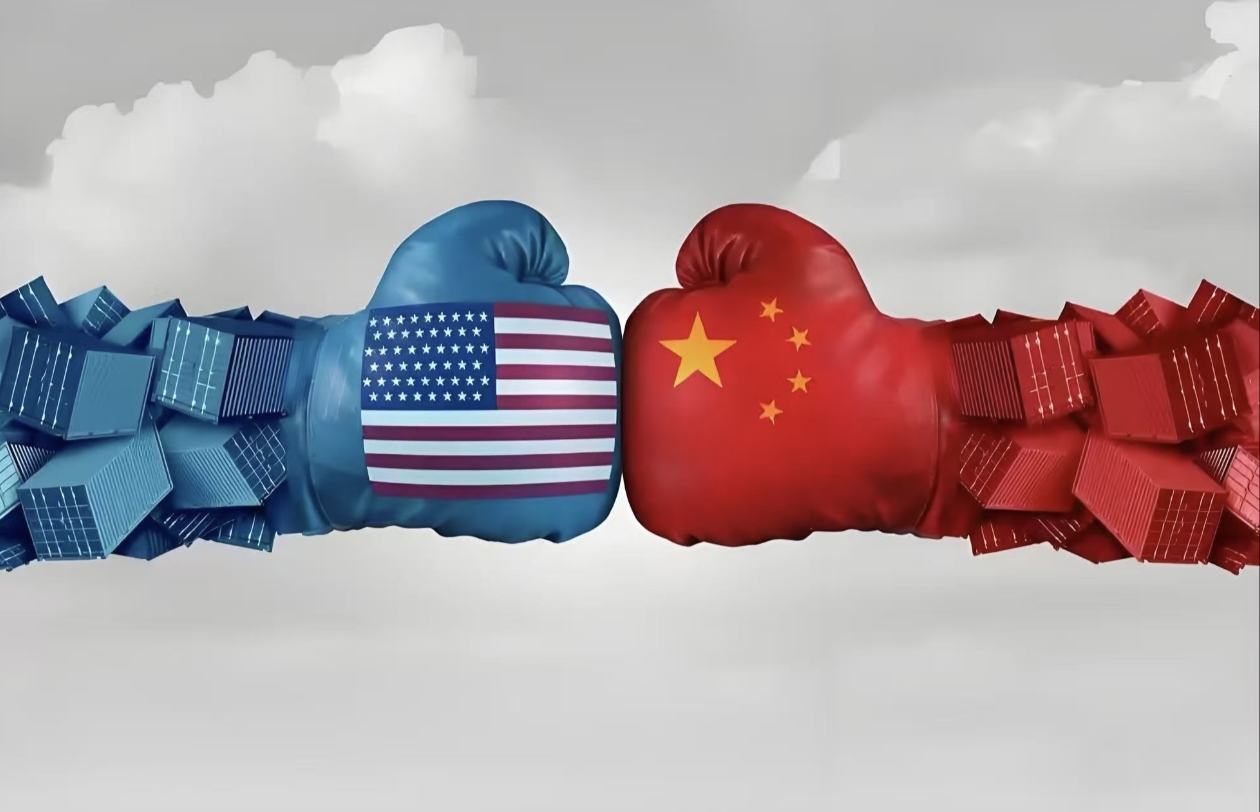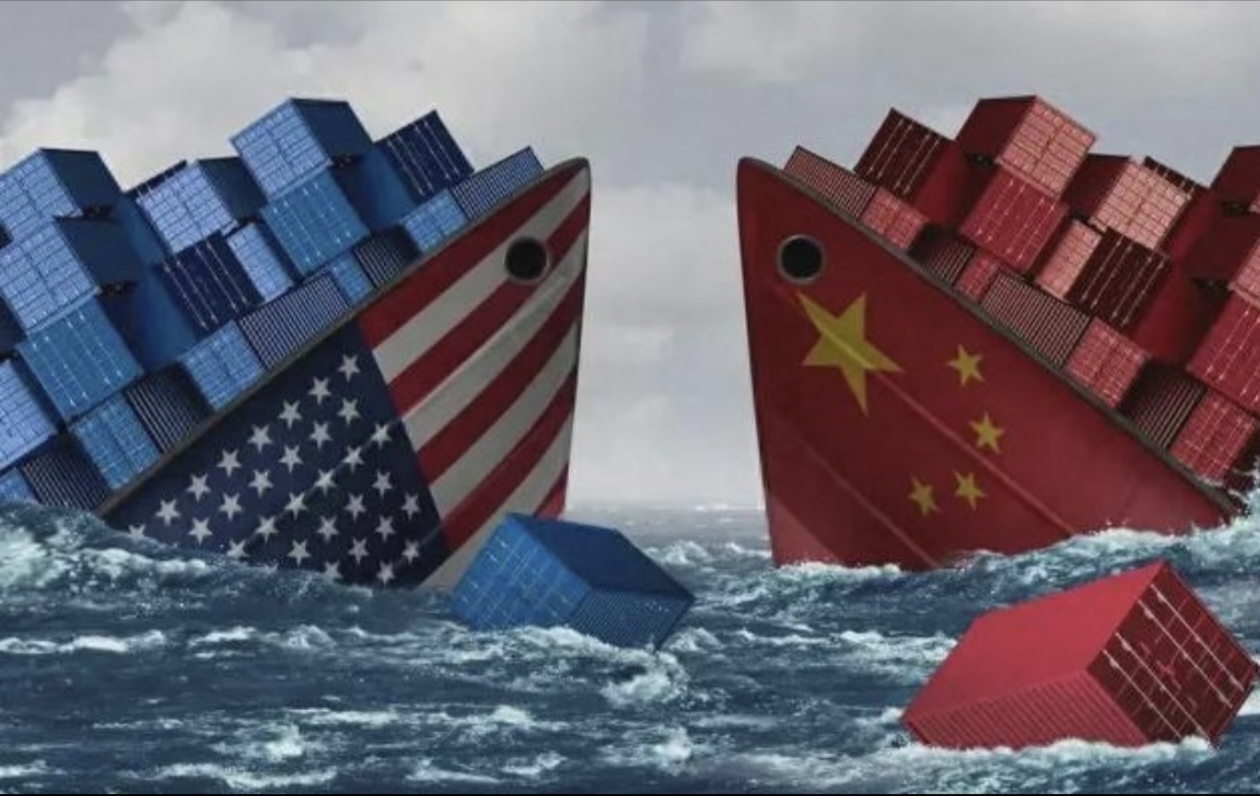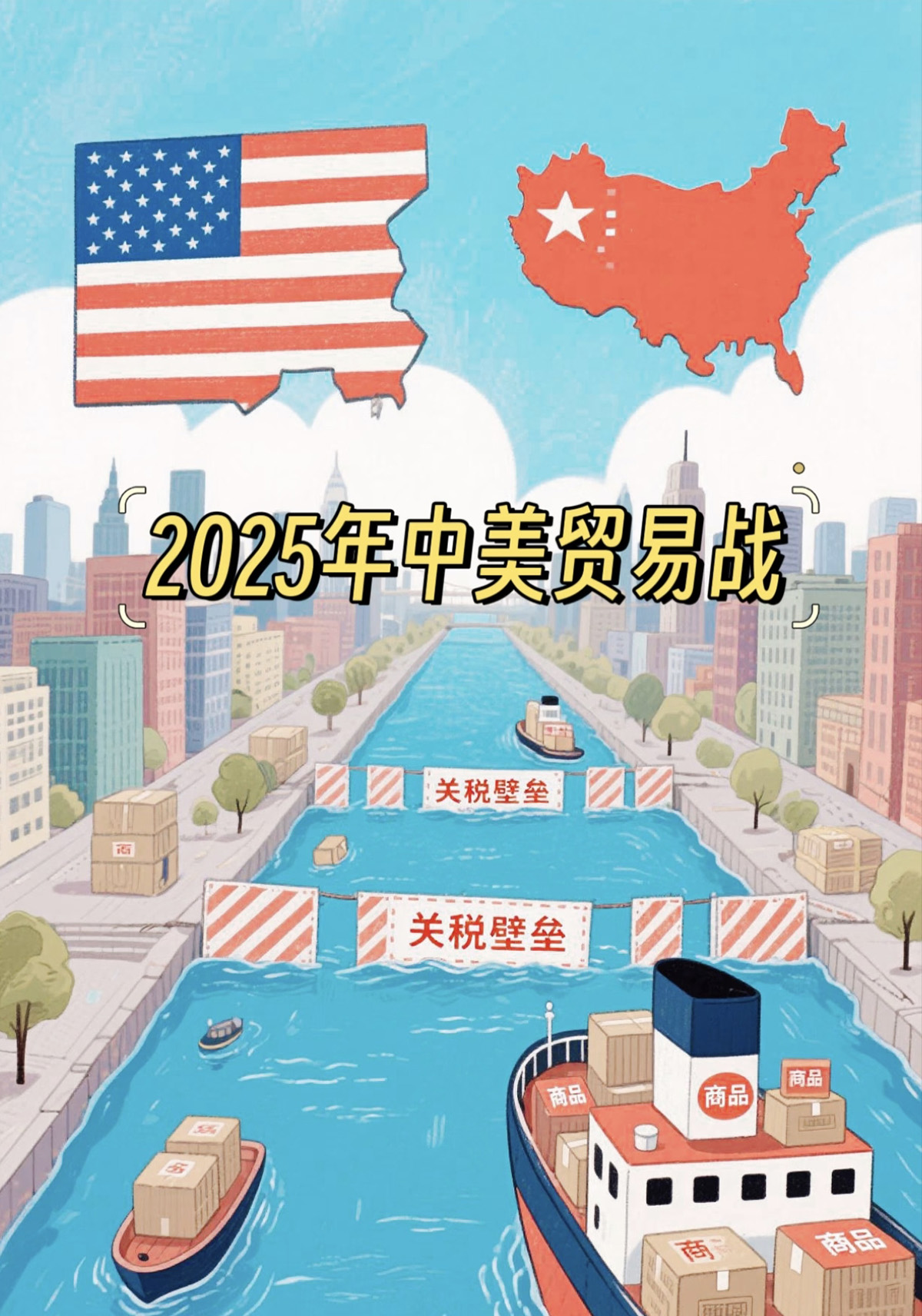Background:
Beijing blasted on Thursday Washington’ move of weaponizing tariffs to exert maximum pressure and seek selfish gains after it increased tariffs on China to 125 percent, reiterating its resolution to fight to the end.”China does not want to fight a tariff war or a trade war, but will not fear when they come our way,” Foreign Ministry spokesman Lin Jian said, adding that China will not sit by and let the legitimate rights and interests of the Chinese people be deprived of.
The United States President Donald Trump announced a 90-day pause on tariffs for most countries except China, whose tariffs he raised to 125 percent on Wednesday due to what he accused of “a lack of respect”.The US practice of abusing tariffs is out of selfish interests, which seriously infringed upon the legitimate rights and interests of various countries, violated the rules of the World Trade Organization and the rules-based multilateral trade system, as well as destabilized global economic order, Lin told a daily news conference.Washington has put its own interests over the public interests of the international community, served its hegemonic interests at the expense of the legitimate interests of the whole world, he said, adding that this will meet with stronger opposition from the international community. Taking necessary countermeasures to oppose US bullying serves not only to safeguard China’s sovereignty, security, and developmental interests, but also to uphold international fairness and justice, and safeguard the common interests of the international community, Lin said.The US practice doesn’t win any support of the people and will end in failure, he added. In response to whether there is a negotiation between China and the US regarding the tariffs issue, Lin said that if the US really wants to talk, it should show an attitude of equality, respect and mutual benefit.”Pressuring, threatening, and extorting China is not the right way to deal with us,” he said.
Strategy:
1.Market Diversification
Explore emerging markets: Increase focus on the EU, ASEAN, Africa, and Latin America to reduce reliance on the U.S. market.
Participate in the Belt and Road Initiative: Leverage policy support to expand business in partner countries.
Develop cross-border e-commerce: Use platforms like Amazon and TikTok Shop to reach global consumers directly.
2. Supply Chain Optimization
Relocate production: Set up factories or partnerships in low-tariff countries like Vietnam, Mexico, or Malaysia.
Localize procurement: Source materials in target markets to avoid tariff barriers.
Enhance supply chain resilience: Build a multi-regional supply chain to reduce dependency on a single market.
3. Product Upgrading & Branding
Increase product value: Shift to high-value products (e.g., smart devices, green energy) to reduce price sensitivity.
Strengthen branding: Build direct-to-consumer (DTC) brands via Shopify and social media marketing.
Boost R&D innovation: Improve technological competitiveness to stand out in the market.
4. Tariff Mitigation Strategies
Leverage Free Trade Agreements (FTAs): Use RCEP, China-ASEAN FTA, etc., to reduce costs.
Transshipment: Route goods through third countries (e.g., Singapore, Malaysia) to modify origin labels.
Apply for tariff exemptions: Study U.S. exclusion lists and adjust product classifications if possible.
5. Government Policy Support
Maximize export tax rebates: Utilize China’s export tax refund policies to lower costs.
Monitor trade support policies: Take advantage of government subsidies, loans, and incentives.
Join trade fairs: Expand customer networks through events like the Canton Fair and China International Import Expo (CIIE).
Post time: Apr-10-2025







